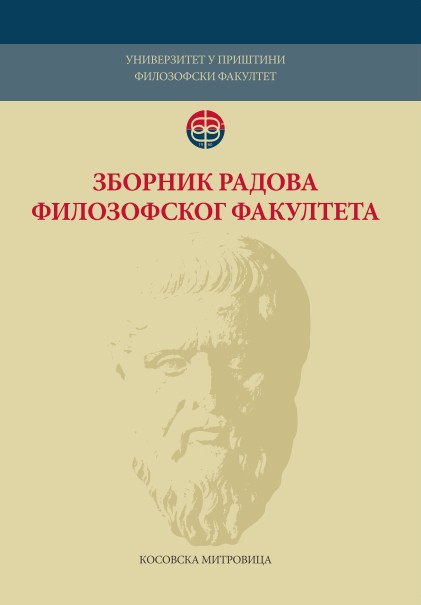Инклузивна индивидуално планирана настава
Inclusive differentiated instruction
Author(s): Ljiljana JerkovićSubject(s): School education, Inclusive Education / Inclusion
Published by: Филозофски факултет, Универзитет у Приштини
Keywords: individually planned teaching; inclusive teaching; inclusive differentiated instruction of literature; the continuum of the learning outcomes
Summary/Abstract: Inclusive differentiated instruction is a new model of didactic instruction, theoretically described and established in this paper for the first time, after being experimentally verified through teaching of the mother tongue (instruction in reading and literature). Inclusive individually planned instruction is based on a phenomenological and constructivist didactic instructional paradigm. This type of teaching is essentially developmental and person-oriented. The key stages of inclusive differentiated instruction of literature are: 1) recognition of individual students’ potential and educational needs regarding reading and work on literary texts; 2) planning and preparation of inclusive individually planned instruction in reading and literature; 3) actual class teaching of lessons thus prepared; and 4) evaluation of the student achievement following inclusive differentiated instruction in reading and literature. A highly important element of the planning and preparation of inclusive differentiated instruction is the creation of student profiles and inclusive individualized syllabi. Individualized syllabi specify the following: 1. a brief student profile; 2. the student position on the continuum of the learning outcomes of instruction in the Serbian language; 3. reverse-engineered macro-plan stages of instruction in the Serbian language (3.1. identifying expected outcomes and fundamental qualities of learners’ work, 3.2. defining acceptable proofs of their realisation, 3.3. planning learning and teaching experiences, and 3.4. providing material and technical requisites for teaching); 4) the contents and procedure of individualized lessons targeting the student; 5) a plan of syllabus implementation monitoring and evaluation. The continuum of the learning outcomes of inclusive differentiated instruction in literature exists at three main levels, A, B and C. The three levels are: А) reading techniques and learning about the main literary theory concepts; B) expressive reading and information reception and comprehension; and C) critical and creative reading and creative information processing. The students assigned to the experimental group learnt about and acquired literary theory concepts and special characteristics of literary genres within their “zones of proximal development,” while the lessons taught to the control group were structured to suit an average or imaginary student. The same requirements were set on all students in the control group, regardless of their individual level of familiarity with literary theory notions and concepts and the degree to which they were capable of comprehending and experiencing a literary text. The results of the experiment carried out with such parallel groups show that the achievement of the students included in the experimental group, who were taught according to individualized instruction plans, was better in a way that was statistically significant, in comparison with both their knowledge of the subject matter before the experiment and the control group, whose members attended classes organized in a predominantly traditional, non-individualistic way.
Journal: Зборник радова Филозофског факултета у Приштини
- Issue Year: 47/2017
- Issue No: 2
- Page Range: 355-373
- Page Count: 19
- Language: Serbian

